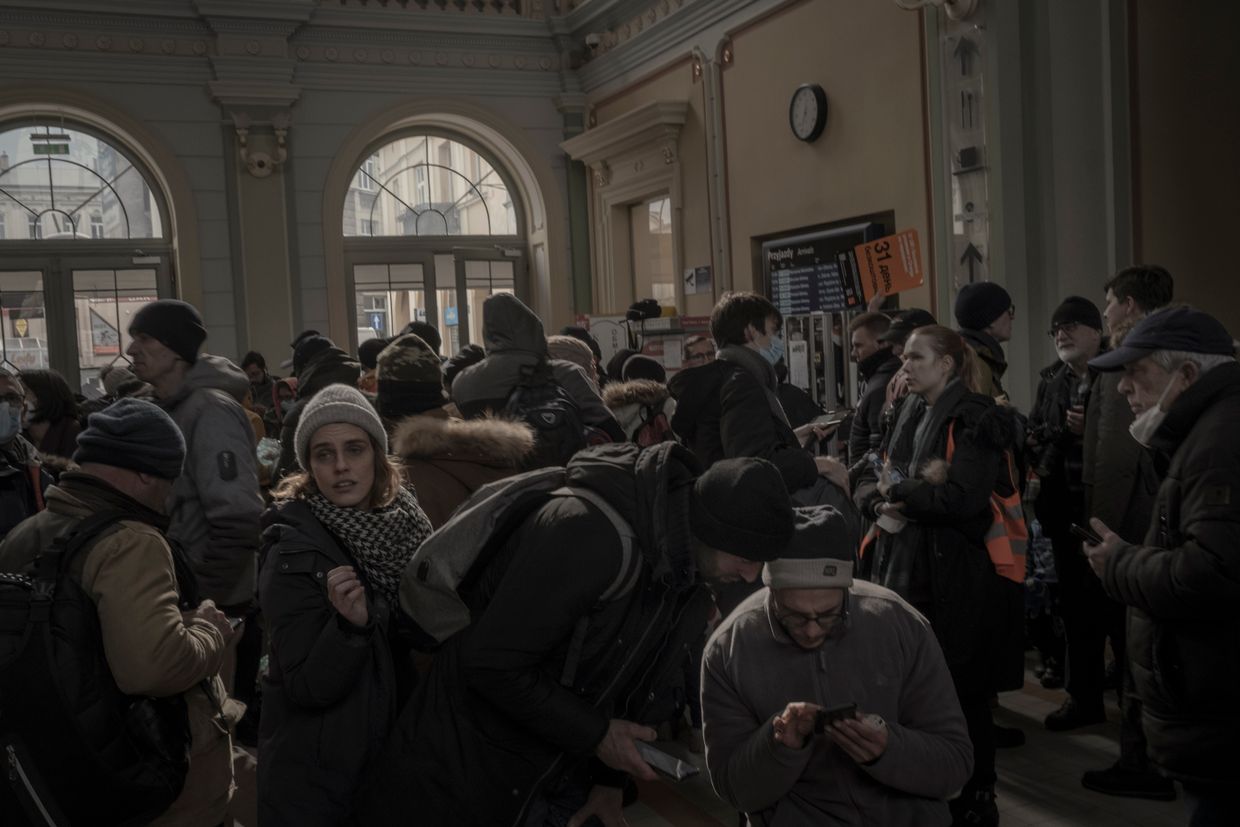Poland, Czechia, Germany ask EU to help cover expenses for hosting refugees from Ukraine, Bloomberg reports

Germany, Poland, and the Czech Republic asked the European Union for financial assistance to cover expenses for hosting Ukrainian refugees, Bloomberg reported on June 27.
The leaders of three states sent a joint letter, obtained by Bloomberg, with their request for funding to European Commission President Ursula von der Leyen.
Around 4.2 million Ukrainian refugees reside in the EU under temporary protection status, of which almost 1 million took shelter in Poland.
According to a report from the UNHCR and Deloitte, from March 2024, Ukrainians accounted for between 0.7% and 1.1% of Polish GDP in 2023.
Germany has taken in more than 1 million refugees from Ukraine since February 2022. Berlin has spent more than 20 billion euros ($21.4 billion) on accommodation and integration of those war refugees, according to Bloomberg.
The Czech Republic officially hosts 340,000 Ukrainian refugees, who in the first quarter paid almost twice as much in taxes as they received in welfare benefits, according to Czech Labor Ministry data.
These three countries have taken in the lion's share of fleeing Ukrainian refugees since the all-out war started, the article read.
"More than 50% of Ukrainian refugees who have entered the European Union live in Germany, Poland, and the Czech Republic.
The uneven challenges for Member States within the EU are also evident in relation to the respective size of the population," the leaders of the states wrote in the letter, seen by Bloomberg.
The countries said that the situation is not "compatible" with the common objective of sharing the burden of taking in refugees from Ukraine and "the consequences for national budgets," Bloomberg wrote.
"An additional and – in relation to actual expenses – substantial financial support from the existing funds of the current Multiannual Financial Framework 2021-2027 is needed for those member states particularly affected in order to adequately reflect the expenses of taking in, housing and providing for refugees from Ukraine," the leaders added.
Speaking to the reporters ahead of the EU leaders summit in Brussels, Chancellor Olaf Scholz said that the question of each member state's contribution to taking in Ukrainian refugees "is not clearly distributed," Bloomberg reported.
The EU should compensate those three nations for things like living costs, vocational training, and language courses, Scholz added. He also noted that this topic will be discussed in Brussels.
Scholz's comments in Brussels come after his June 24 statement about the decreasing popularity of Germany's Social Democratic Party (SPD), headed by him, which is reportedly connected to some voters' opposition to the party's support for Ukraine.
The effect is most directly felt in some states in Germany's east, where SPD is only polling at 7% ahead of upcoming local elections scheduled for September.












